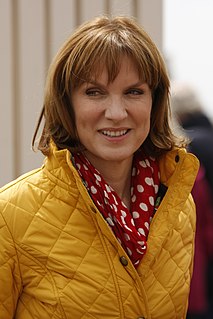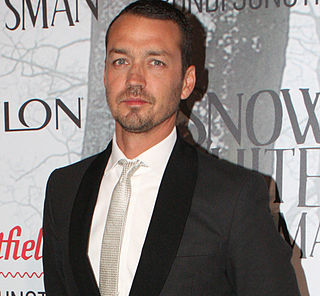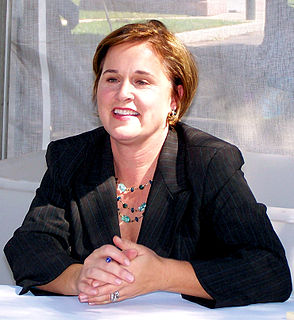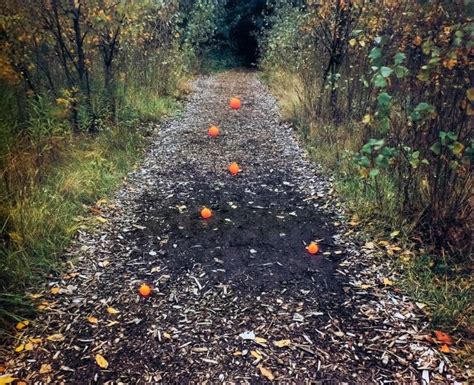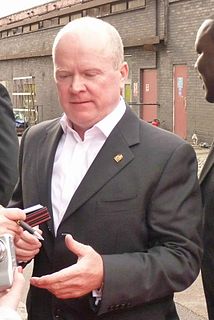A Quote by Fiona Bruce
I learnt a salutary lesson when I was being hired for the 'Six O'Clock News' and others were being fired, people who I thought were great, like Jill Dando. Letting her go was a big mistake, in my view. But that is probably going to be me one day - I'll read about it in the press and that will be that.
Related Quotes
Similarly, the press never tested many of the assumptions about WMDs. One of the great myths about the WMD issue is that everybody believed Iraq had them. Well, that's not true. There were a number of people in the intelligence community and the State Department who were skeptical, and many analysts in the Department of Energy were dubious about Iraq's nuclear capability. There were also people like Scott Ritter who were saying quite accurately what was going on.
Strangers with puzzled looks were amazingly cooperative in letting me into their rooms with my photographic gear. They let me take down the curtains, wash the windows, and rearrange the furniture. Often, too, they expressed their desire to share their view with others, as if it were a non-depletable treasure. I liked the idea that my photographic vantage points were not solely determined by myself. They were predetermined by others, sometimes years earlier, and patiently waited for me to discover them.
I've always thought that people who left a great deal of money in their will never enjoyed the great honor and privilege and heart-rendering feeling of giving to others during their lifetime, because they were too selfish to give to others while they were alive, so they made sure they were dead and couldn't use it anymore.
I've got bills to pay like everyone else. I'm a high-earner but I don't see myself as rich. I know in some people's eyes I probably am, but I will always have to work. My son Matt asked me if we were rich the other day and I told him that in my view, being rich is not having to get up to go to work. I can't see myself ever being in that position.
To me the sort of like, the ethos, if you will, of like tabloid is like Daily News in the 1970s. It's a news organization that thinks of its mission to speak directly to people who are kind of , the people who are sort of the foundation of the American workforce or were at one time. What I love about this conception of the tabloid is that actually everybody read it.
My personal beliefs were shaped more by experience and by watching the news when I was young: images of angelic-looking college students in Mississippi crying like the world was ending because black people were being allowed on their campus; the slow mounting horror of Vietnam on the evening news every night; sitting with my parents in front of the TV and being appalled at the way the Chicago police were treating the protesters during the '68 Democratic convention. Being eyed with suspicion because of my age and the way I wore my hair.
I read some books, and I thought, 'This is better than sliced bread!' and a month later, I couldn't remember thinking about it. And I've read others that were kind of a slog, and I've put them down and come back six months later thinking, 'Wow, this is great.' So, you know, things change all the time.
